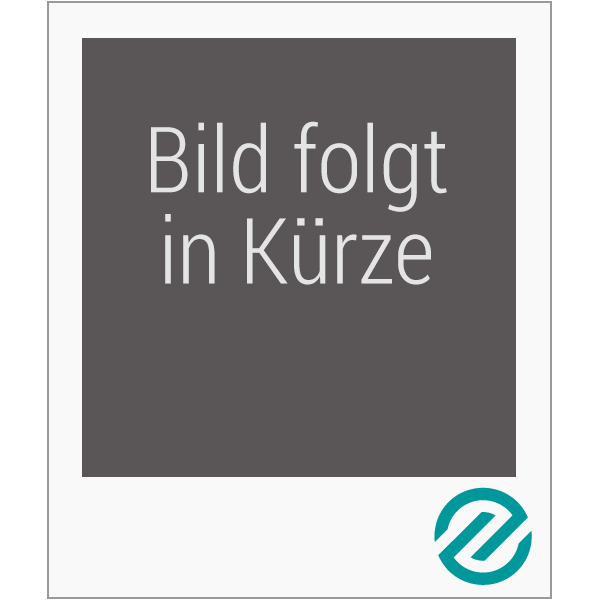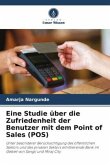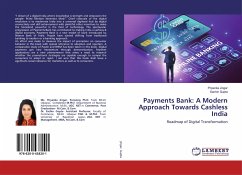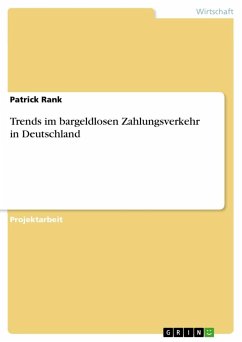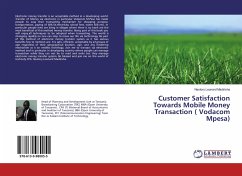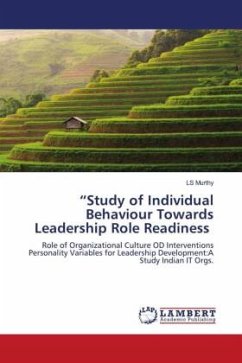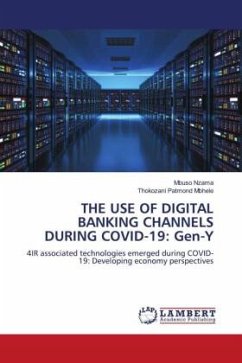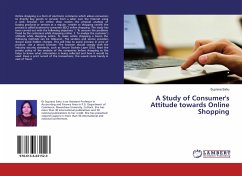Point of sale machines are used to collect card payments. After Indian government's decision of demonetization, POS became a major instruments of accepting digital payments. A close look at the market share of various players can give idea that the market of POS is dominated by private players. Better service and better features are some of the reasons for it. It can also be attributed to share of private players in credit card markets. Since banks can collect more MDR (Merchant Discount Rate) on credit card, the banks with better penetration in credit card market show more interest in merchant acquisition in POS market. The field of POS has undergone a rapid transformation in India. Post demonetization, Government of India has taken a number of steps towards less cash economy. Many medium of making electronic payments have been made available to the common people. UPI remains on top of volume of electronic payments made through. However the UPI possess a major disadvantage of having a daily cash transaction limit of Rs. 25000/- to 1,00,000/- So merchants dealing in higher daily transactions use POSas medium of accepting digital payments.

